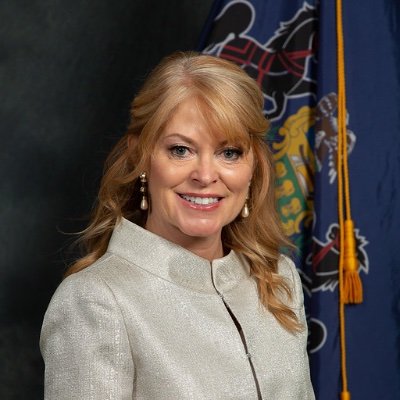Treasurer Stacy Garrity Announces March 27 Unclaimed Property Auction

(From a press release.)
Treasurer Stacy Garrity today announced that the next online auction of unclaimed property will take place on Wednesday, March 27. This auction includes jewelry, currency, precious metals, and many other items that have been safeguarded in Treasury’s vault for more than three years.
“Our first priority is always to return unclaimed property to the rightful owners,” Treasurer Garrity said. “But even though we have the largest working vault in the nation, we constantly receive new unclaimed property and need to make room for it. We work to find the rightful owner of every piece of tangible unclaimed property for at least three years before anything is sent to auction. And auction proceeds are carefully tracked and will always remain available for the owner to claim – whether that happens next month or 50 years from now.”
Treasury partners with Pook & Pook, Inc., in Downingtown for appraisal and auctioneer services. Items up for auction can be previewed at pookandpook.com. Interested bidders should register on Pook & Pook’s website as soon as possible. More than 4,350 items from Treasury’s vault will be available to bid on.
Some of the valuable and interesting items in the upcoming auction include:
- 14K gold and enamel lorgnette (opera glasses);
- 27.22 ounces of palladium (a form of platinum);
- 1908 St. Gaudens $20 gold coin;
- 18K white gold watch with emerald-cut marquise diamond;
- Antique jewelry, including a hair locket with an inscription from 1829;
- Johnson Matthey 100 oz. silver bar;
- 14K yellow gold rosary and prayer beads;
- Andre Harvey 14K yellow gold frog necklace;
- Platinum ring with 1.71 carat diamond; and
- A 1906-D Liberty Head $20 gold coin.
“Pook & Pook is so excited for our first Coins & Jewelry Auction of 2024!” said Deirdre Pook Magarelli, President of Pook & Pook Inc. “Treasures abound in this incredible collection of coins, jewelry and more, and we are delighted to once again be working with the wonderful team from the Pennsylvania Treasury Department.”
Any item listed in the auction is subject to change at any time prior to the sale in the case of new information regarding an item’s authenticity, estimated value, quality, or other determining factor. Treasury is notified of these changes.
Treasury employees and their immediate family are prohibited from bidding.
Military decorations and memorabilia that come to Treasury as unclaimed property are never auctioned and will remain in Treasury’s care until the veteran who earned them or their family is found.
Treasury is working to return more than $4.5 billion in unclaimed property owed to more than one in ten Pennsylvanians. The average claim is worth around $1,600.
Search for unclaimed property anytime.








